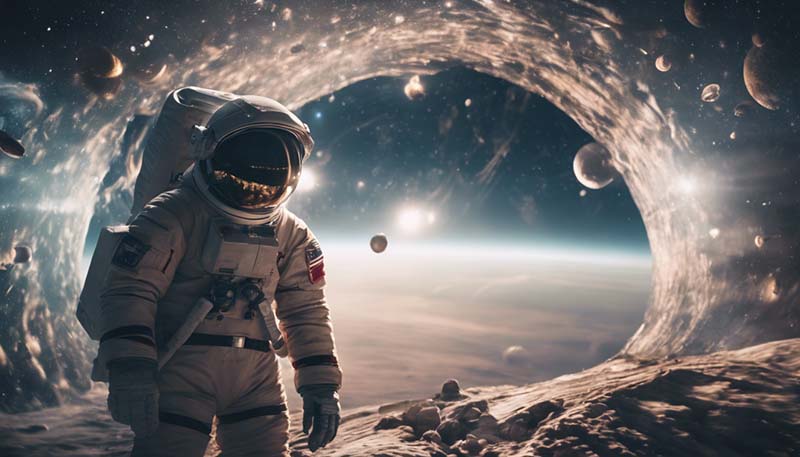The Impact of Space Exploration on Society
The Impact of Space Exploration on Society
Space exploration has been a significant endeavor for humanity, driving technological innovation, shaping our understanding of the universe, and impacting society in numerous ways. This essay will delve into the various ways in which space exploration has influenced society, from economic development to cultural shifts.
Economic Impact
The space industry has grown into a multi-billion-dollar sector, contributing significantly to the global economy. The development of new technologies for space exploration has led to spin-off innovations that have found applications in various industries on Earth.
Job Creation
Space programs have created numerous jobs in engineering, computer science, and other technical fields. These jobs not only provide direct employment but also stimulate the economy through the multiplier effect, as workers spend their income on goods and services.
Innovation and Technology Transfer
The need to solve complex problems in space exploration has led to the development of new materials, communication systems, and navigation tools. Many of these technologies have been adapted for use in consumer products, improving the quality of life for people around the world.
Advertisement
Educational Impact
Space exploration has inspired generations of students to pursue careers in science, technology, engineering, and mathematics (STEM). The allure of exploring the unknown has been a powerful motivator for learning and has contributed to a more scientifically literate society.
Inspiring Curiosity and Learning
Space-related content in education, from school curriculums to public outreach programs, has sparked curiosity and interest in the sciences. This has led to an increase in students enrolling in STEM fields, which are critical for the future of technological innovation.
Global Collaboration
International space missions, such as those involving the International Space Station (ISS), have fostered collaboration among nations. This spirit of cooperation extends beyond the scientific community and serves as a model for addressing global challenges.
Cultural Impact
The cultural impact of space exploration is profound. It has influenced art, literature, and philosophy, often serving as a metaphor for the human condition and our place in the universe.
Art and Media
Space has been a recurring theme in films, books, and visual arts, reflecting our fascination with the cosmos. Works such as "2001: A Space Odyssey" and "Star Trek" have not only entertained but also provoked thought about the future of humanity and our ethical responsibilities as we venture into the cosmos.
Philosophical and Spiritual Reflection
The vastness of space has led many to reflect on the meaning of life and the nature of existence. The realization that Earth is just one planet among many has inspired a sense of humility and a broader perspective on our role in the universe.
Political Impact
Space exploration has also had significant political implications, often serving as a platform for national pride and a demonstration of technological prowess.
National Prestige
The race to space during the Cold War was a clear example of how space exploration could be used as a measure of a nation's scientific and military capabilities. The success of the Apollo 11 mission, which landed the first humans on the Moon, was a major victory for the United States in its competition with the Soviet Union.

Space Law and Policy
As space activities have increased, so has the need for international law and policy to govern these activities. Treaties and agreements, such as the Outer Space Treaty, have been established to ensure that space is used for peaceful purposes and to prevent the colonization of celestial bodies.
Environmental Impact
Space exploration has also led to a greater understanding of our own planet and the need to protect it.
Earth Observation
Satellites have provided invaluable data on climate change, deforestation, and other environmental issues. This information has been crucial for scientists and policymakers in developing strategies to mitigate the effects of human activity on our planet.
Space Debris and Sustainability
The increasing number of satellites and other objects in orbit has raised concerns about space debris and the long-term sustainability of space activities. This has led to discussions on responsible space behavior and the development of technologies to mitigate the risks associated with space debris.
Conclusion
In conclusion, space exploration has had a far-reaching impact on society, influencing our economy, education, culture, politics, and environment. As we continue to push the boundaries of our knowledge and capabilities, it is essential to consider the ethical, social, and environmental implications of our actions in space. The cosmos hold great promise for the future, but they also present challenges that require thoughtful and responsible stewardship.
Word Count: 1000
Comments